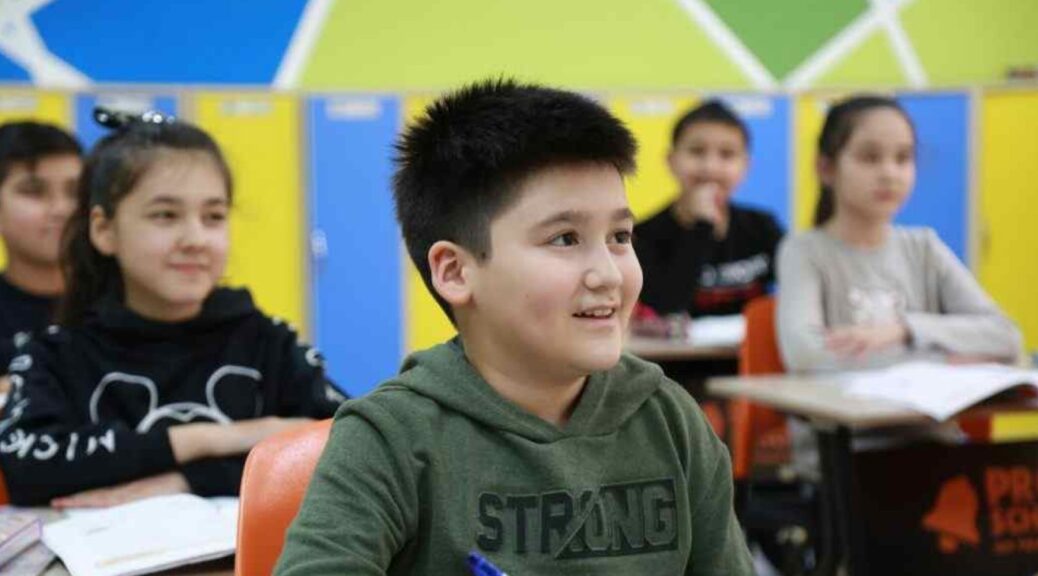Social education, the process of learning and developing the skills, values, and knowledge necessary for participating effectively in society, varies significantly across the globe. Different countries employ diverse strategies to instill social consciousness and civic responsibility in their citizens. By examining international approaches to social education, we can uncover valuable lessons that could be adapted and implemented to enhance social education systems worldwide.
1. Finland: A Holistic Approach
Finland is renowned for its comprehensive education system, which includes a strong emphasis on social education. Finnish schools integrate social education into their curricula by fostering a supportive and inclusive environment. Teachers are trained to address not only academic but also social and emotional development. The Finnish approach highlights the importance of creating a balanced education system where students learn empathy, cooperation, and conflict resolution alongside traditional subjects. This holistic approach ensures that students grow into well-rounded individuals who are prepared to contribute positively to society.
2. Japan: Emphasis on Group Harmony
In Japan, social education is deeply rooted in cultural values that prioritize group harmony and collective well-being. From an early age, Japanese students participate in activities that promote teamwork, respect for others, and social responsibility. School routines often include cleaning duties, where students take turns maintaining their classrooms, instilling a sense of duty and communal responsibility. Additionally, moral education classes teach students about ethics, citizenship, and interpersonal relationships. The Japanese model underscores the significance of embedding social values into everyday practices and education.
3. United States: Service Learning and Community Engagement
The United States employs a distinctive approach to social education through service learning and community engagement programs. Many American schools incorporate service learning projects into their curricula, encouraging students to participate in community service activities. These programs aim to develop students’ sense of civic duty and social responsibility while providing practical experiences that reinforce classroom learning. By engaging in community service, students gain a deeper understanding of social issues and learn the importance of active citizenship. The U.S. model demonstrates the effectiveness of experiential learning in fostering social awareness and civic engagement.
4. Germany: Political and Civic Education
Germany places a strong emphasis on political and civic education to prepare students for active participation in democratic processes. German schools offer comprehensive courses on politics, history, and society, aiming to develop critical thinking and informed citizenship. Programs such as “Schülervertretung” (student councils) empower students to take part in decision-making processes within their schools, fostering a sense of agency and responsibility. The German approach highlights the importance of equipping students with the knowledge and skills necessary to engage in democratic governance and social change.
5. Brazil: Social Justice and Human Rights Education
In Brazil, social education often focuses on social justice and human rights, reflecting the country’s history and ongoing struggles with inequality. Brazilian schools incorporate lessons on social justice, human rights, and cultural diversity into their curricula. These programs aim to raise awareness of social issues and empower students to advocate for change. By addressing topics such as poverty, discrimination, and environmental justice, Brazilian social education encourages students to become proactive agents of social transformation. This approach emphasizes the role of education in promoting equity and social justice.
Lessons Learned
By examining these diverse international approaches to social education, several key lessons emerge. Firstly, integrating social education into the overall curriculum, rather than treating it as a separate subject, can lead to more effective and holistic development of students. Secondly, embedding social values and practices into daily routines and school culture helps reinforce these values. Thirdly, experiential learning, through activities like service learning and student councils, provides practical experiences that deepen students’ understanding of social issues. Finally, focusing on social justice and human rights can empower students to become advocates for positive change in their communities.
In conclusion, social education plays a crucial role in preparing individuals to participate actively and responsibly in society. By learning from the varied approaches of countries like Finland, Japan, the United States, Germany, and Brazil, we can develop more effective strategies to foster social consciousness and civic responsibility in students worldwide.

